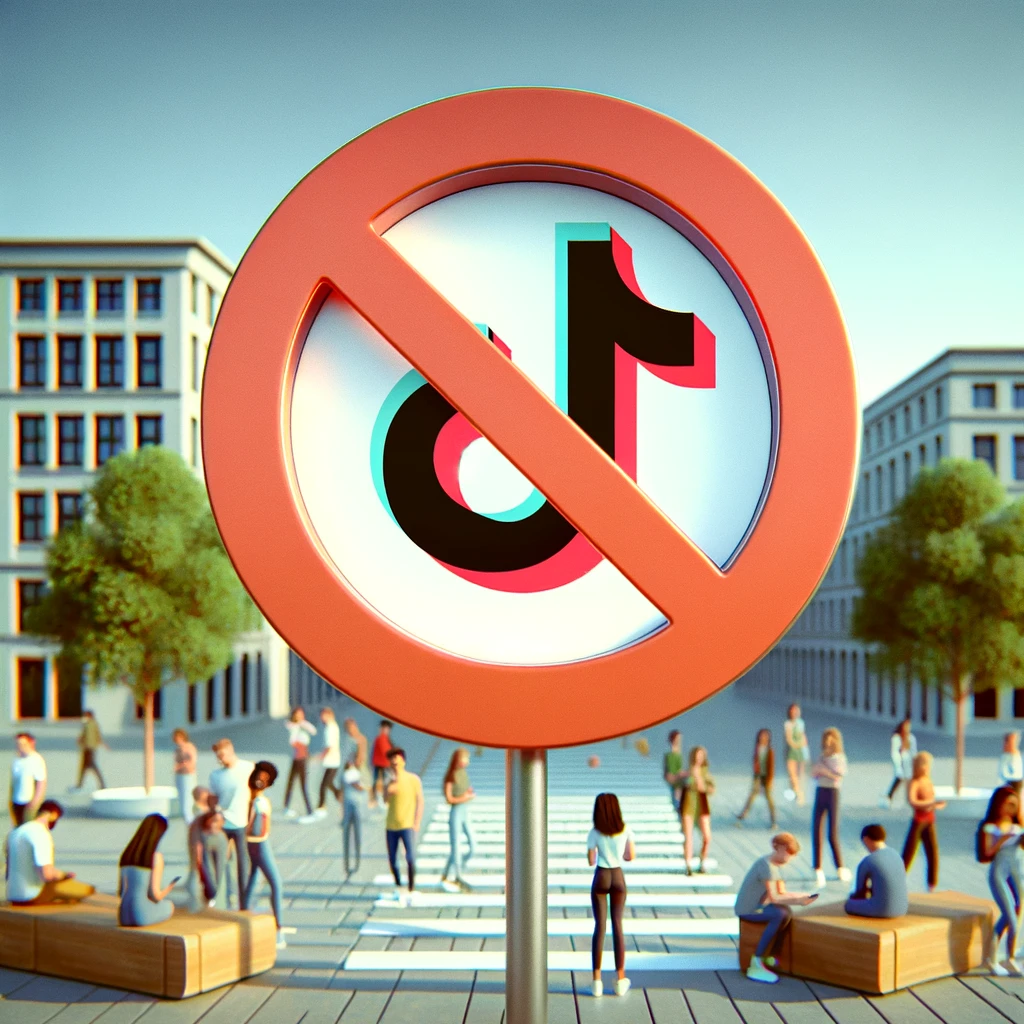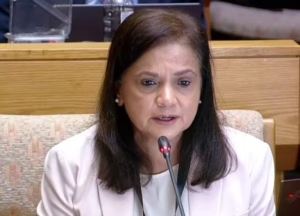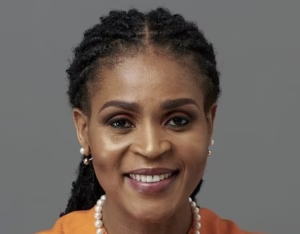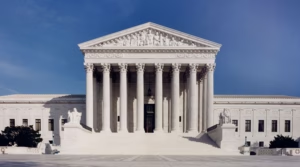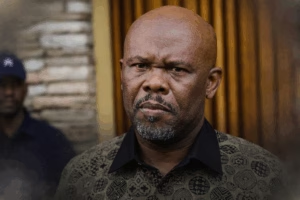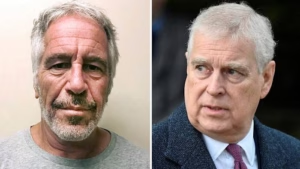On Saturday, the House approved a bill that could lead to a ban on TikTok in the United States unless the China-based parent company, ByteDance Ltd., divests its ownership within a year. This legislative move is part of a broader foreign aid package that enjoys widespread support across party lines for countries such as Ukraine and Israel, and is seen as a priority by President Joe Biden.
The measure to potentially ban TikTok was expedited as part of this larger package after a similar proposal faced hurdles in the Senate. Previously, in March, the House had passed a separate bill that proposed a more stringent six-month deadline for the sale, which garnered significant bipartisan support amid escalating national security concerns related to ByteDance.
The revised legislation, which passed with a vote of 360-58, extends the deadline for ByteDance to divest to nine months, potentially adding another three months if a sale is underway. This bill now heads to the Senate for further discussion.
Despite the legislative progress, the path to a ban is fraught with potential legal challenges. ByteDance has signaled intentions to defend its operations robustly, suggesting that such a law would infringe on the First Amendment rights of its vast user base in the U.S.
“We will not stop fighting and advocating for you,” assured TikTok CEO Shou Zi Chew in a recent video, addressing the platform’s users. “We will continue to do all we can, including exercising our legal rights, to protect this amazing platform that we have built with you.”
The company’s aggressive stance is part of a broader effort to rally its 170 million American users against the legislation, encouraging them to express their opposition directly to their congressional representatives.
How did we get to a TikTok Ban?
This legislative attempt is notable as it targets a single company and marks a shift from Congress’s long-standing laissez-faire approach to technology regulation. While previous efforts to regulate online platforms have stalled, the proposed TikTok ban reflects deep bipartisan concerns about potential Chinese interference through ByteDance.
Intelligence officials and legislators from both parties worry that the Chinese government could compel ByteDance to surrender American user data or manipulate the content on TikTok to align with Chinese interests. Although TikTok denies such possibilities, saying it has never shared U.S. user data with Chinese authorities, these concerns persist.
TikTok’s confidence in a possible legal victory is not unfounded, given its past successes in U.S. courts. For instance, a federal judge recently halted a Montana law aimed at banning TikTok statewide, siding with the company and several content creators who challenged the law.
Further, dozens of U.S. states and the federal government have already restricted TikTok on government devices. However, broader bans have faced legal challenges, such as when The Knight First Amendment Institute at Columbia University contested Texas’s ban, which was eventually upheld by a federal judge in favor of the state.
The American Civil Liberties Union (ACLU) and other organizations have voiced their support for TikTok, emphasizing the importance of protecting the rights of its users.
“Congress cannot take away the rights of over 170 million Americans who use TikTok to express themselves, engage in political advocacy, and access information from around the world,” stated Jenna Leventoff, an ACLU attorney.
Amidst this controversy, TikTok has launched a vigorous campaign, spending $5 million on television advertisements that highlight the positive impact of the platform on its diverse community of users. These efforts underscore the significant role TikTok plays in the digital and economic landscape of the U.S., contributing $24 billion annually to the economy.
Tiktok Diverse Perspectives
While some lawmakers, like California Representative Ro Khanna, seek less restrictive measures that do not threaten free speech or lead to a complete ban, content creators on the platform are voicing their concerns about the potential impacts on their livelihoods.
Nadya Okamoto, a prominent TikTok influencer, expressed the collective anxiety among her peers, highlighting the personal and professional stakes involved.
“This is going to have real repercussions,” Okamoto remarked, indicating the deep-seated unease within the TikTok community over the future of their platform and their own economic well-being.

